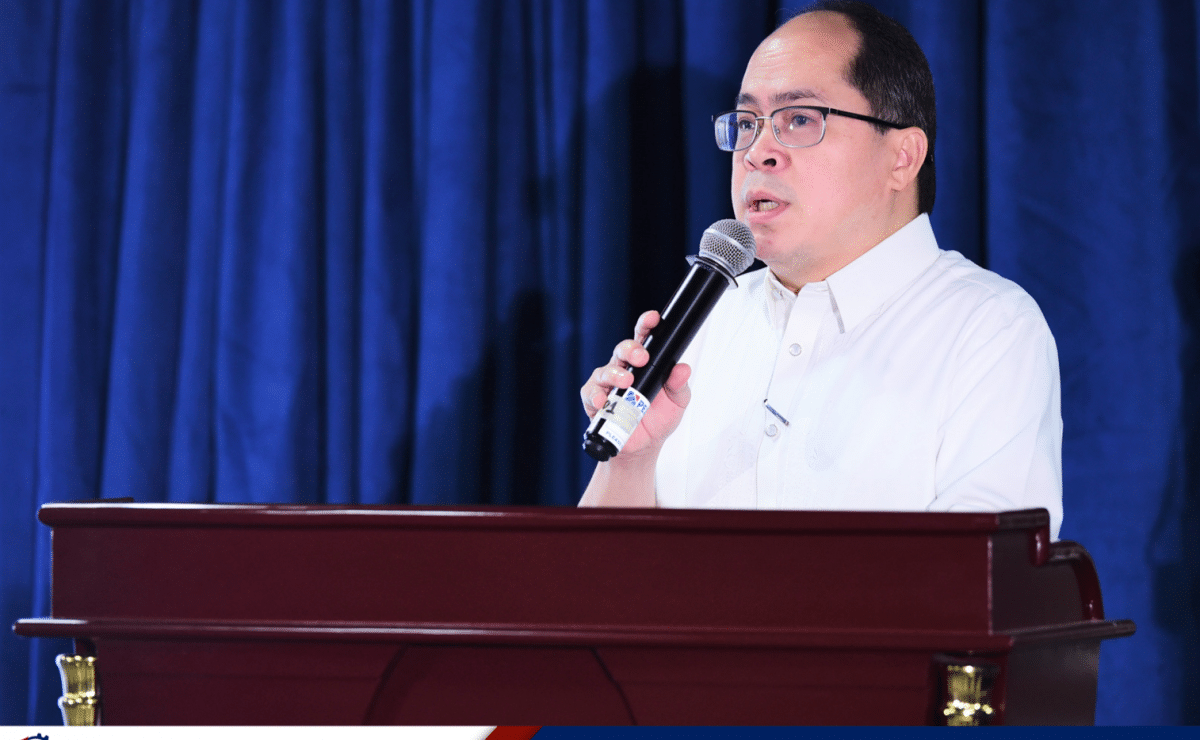PEZA sees trade, investment boost despite US tariffs on Philippine goods

PEZA Director General Tereso Panga thinks that the 17-percent US tariffs on Philippine exports will make the country more attractive to investors. (Photo from PEZA website)
MANILA, Philippines — The Philippine Economic Zone Authority (PEZA) on Friday expressed optimism for the country’s export sector after the United States slapped of a 17-percent tariff on imports from the Philippines.
The investment promotion agency sees the tariffs as an opportunity to strengthen trade and investment ties with the US.
“While the 17-percent tariff will make Philippine exports to the US more expensive, this rate remains among the lowest in Southeast Asia,” PEZA Director General Tereso Panga said in a statement.
Panga said that neighboring countries face significantly higher tariffs, with Vietnam at 46 percent, Thailand at 36 percent, Indonesia at 32 percent, and Malaysia at 24 percent.
The PEZA chief said this makes the Philippines a more competitive option for foreign investors.
Panga said they are also actively promoting the “China+1+1” strategy, which encourages businesses to maintain operations in China while expanding into the Philippines.
Mitigating the impact
“Coupled with recent positive developments such as the Regional Comprehensive Economic Partnership and the CREATE MORE (Creating Opportunities to Remove Economic Restrictions) Act, we believe these measures will mitigate the tariff impact and make the Philippines an even more attractive investment destination,” Panga said.
To support affected industries, Panga said they are advocating for a sectoral tariff reduction, particularly for electronics, semiconductor products and IT-BPM or Information Technology – Business Process Management services.
“A significant number of our EMS-SMS (Electronics Manufacturing Services – Semiconductor Manufacturing Services) and IT-BPM investors are American companies whose products and services primarily benefit US consumers,” Panga said.
As a gesture of goodwill, he suggested that the Philippine government could also consider lowering tariffs on key US imports to foster a more balanced trade relationship.
